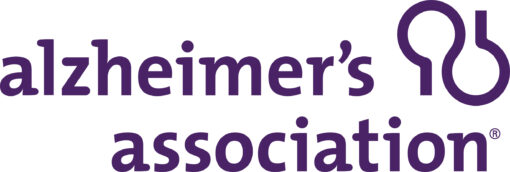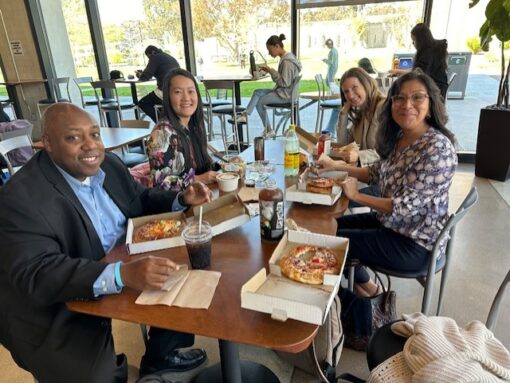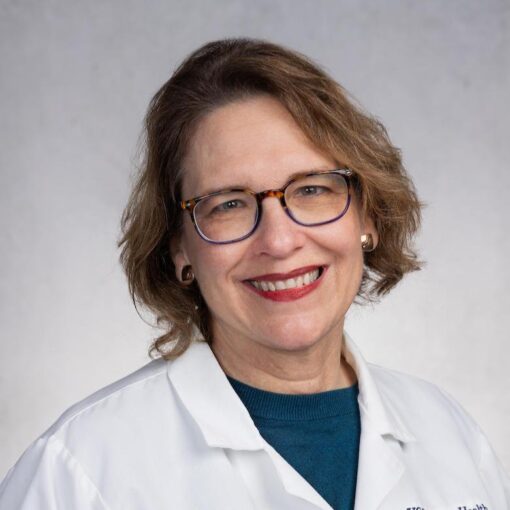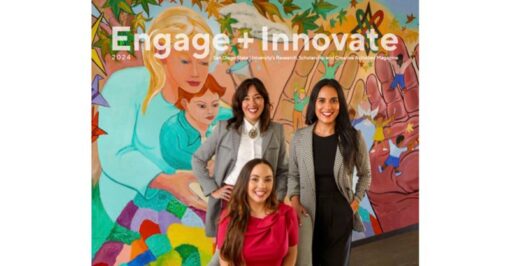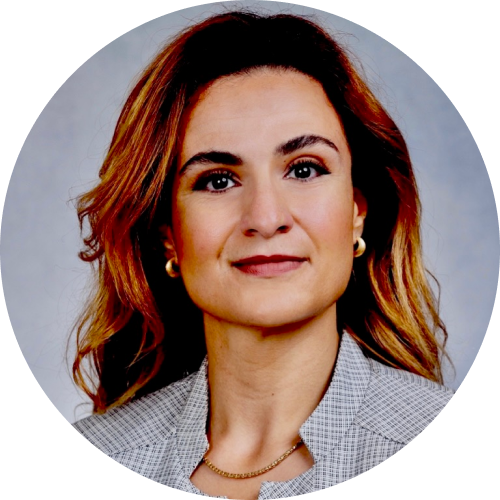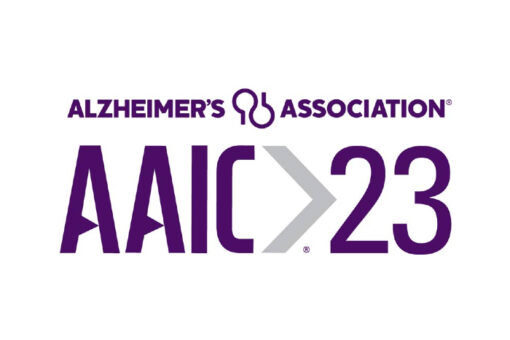UC San Diego – Dissemination and Implementation Science Center (DISC)
Dissemination and implementation research intends to bridge the gap between research, practice, and policy by building a knowledge base about how health information, effective interventions, and new clinical practices, guidelines and policies are communicated and integrated for public health and health care service use in specific settings.
The D&I Models Webtool is an interactive, online resource designed to help researchers and practitioners navigate D&I theories, models, and frameworks (TMFs) through planning, selecting, combining, adapting, using, and linking to measures.

Group-Evaluated Measures (GEM) is a National Cancer Institute (NCI) database for researchers with information about behavioral, social science, and other scientific measures organized by associated constructs. Where possible, a copy of the measure or link to an external site for access to the measure is provided.
- Promote the use of standardized measures for prospective research and
- Facilitate the ability to share harmonized data resulting from the use of standardized measures.

Living in a disadvantaged neighborhood has been linked to a number of healthcare outcomes, including higher rates of diabetes and cardiovascular disease, increased utilization of health services, and earlier death. Purpose is to share measures of neighborhood disadvantage with the public, including educational institutions and health systems.

ADORE; Alzheimer’s & Dementia Outreach, Recruitment & Engagement Resources
ADORE contains hundreds of resources to support the recruitment and retention of participants in Alzheimer’s disease and related dementia clinical trials and studies. Explore these recently added resources.

American Geriatrics Society (AGS)
Founded in 1942, the American Geriatrics Society (AGS) is a nationwide, not-for-profit society of geriatrics healthcare professionals dedicated to improving the health, independence, and quality of life of older people. Our 6,000+ members include geriatricians, geriatrics nurse practitioners, social workers, family practitioners, physician associates, pharmacists, and internists who are pioneers in serious illness care for older individuals, with a focus on championing interprofessional teams, eliciting personal care goals, and treating older people as whole persons.

Cultivating Conversations Series
This series provides ongoing opportunities to learn about and discuss the ethical, legal and social implications (ELSIs) of health research conducted by our UC San Diego community. A goal is to increase awareness of how technologies, like pervasive sensors and machine learning/artificial intelligence models introduce new ethical challenges in health research. This series presents opportunities for scientists and engineers to present their research and discuss the ethical challenges encountered as they plan and conduct digital health research.

The American Society on Aging (ASA) is the largest multidisciplinary association in aging, with a diverse membership of more than 5,000 across the United States. Our members may all work with older adults or for older adults, but they span a wide range of professions, from gerontology to age tech and everything in between.
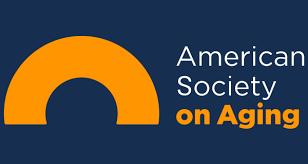
Alzheimer’s Association Inclusive Language Guide
Guidance for Describing Social Identities and Characteristics of Individuals and Populations and Communicating About Health Disparities
